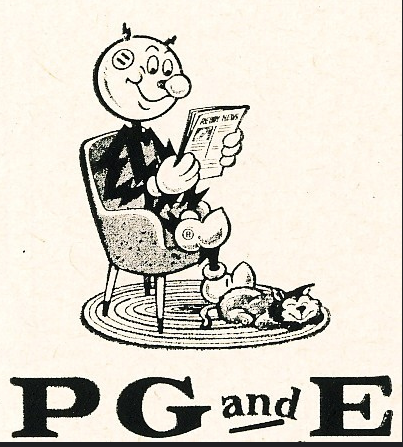
By Tim Redmond
DECEMBER 2, 2014 — In the spring of 1970, when activists and political leaders around the country were planning the first Earth Day, the Daughters of the American Revolution issued a statement of ominous warming:
“Subversive elements,” the group said, “plan to make American children live in an environment that is good for them.”
I thought about that when I heard representatives of the Building Owners and Managers Association and the Chamber of Commerce complain about Sup. Scott Wiener’s plan to expand the city’s role in commercial electricity sales.
Dee Dee Workman from the Chamber complained that “we don’t want you to force building owners to buy power from the city.”
In other words: Don’t make us buy cheaper, cleaner electricity. It might be good for us.
Seriously, the business folks were worried about the concept that the city would have the first right of refusal to sell power to new commercial developments. As Wiener pointed out, businesses can talk all they want about mandates and options, but right now they have no options at all. PG&E is a monopoly. You want electric power, you buy from that company.
“We do not have a history of consumer choice in this city,” he said.
In some cities, a public agency fills that role. Public power generally costs less and is (generally) cleaner than private power.
In San Francisco, what Wiener is suggesting is just a tiny step forward toward doing what federal law has long required: Making San Francisco the default provider of retail electricity within the city limits.
I’ve been writing about PG&E for more than 30 years, and I have to say, it’s amazing how far we’ve come: Wiener, not known as the most progressive of supervisors, made a speech that could have come from a public-power textbook.
PG&E’s allies have always ridiculed efforts at municipal operations of the local utility by saying that the city can’t do anything else right – that a city-run electric system would be unreliable.
But Wiener pointed out that the SFPUC has been running an electrical system for more than 100 years, without problems.
“You don’t worry about the lights going out at SFO or San Francisco General or Muni,” he said. “This is not an unknown quantity.”
In fact, the SFPUC provides power at Treasure Island – and the lights seem to work just fine there, too.
“How come,” he asked the Chamber and BOMA, “we only worry about consumer choice when the PUC is the provider? How come you didn’t complain about consumer choice when we were stuck with PG&E?”
The measure passed unanimously on first reading at the full board Nov. 25, and will go to the mayor after a second vote. Lee can’t possibly veto it; the override would be almost automatic. So he’ll probably just let it become law without his signature – sending another message that he won’t openly defy PG&E, certainly not in an election year.
But if we can come this far on an issue where progressives have been blocked for decades, there’s always hope for the future.




